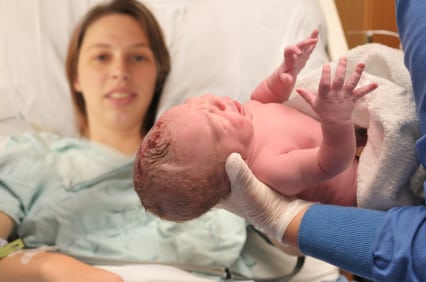 istockphoto.com/Yarinca
istockphoto.com/Yarinca
By Sara Elizabeth, Contributing Writer
“I guess I’m not as strong as you.”
Hearing the embarrassment in her voice broke my heart as I received the call announcing her baby’s arrival. What was supposed to be a moment of joy and excitement, turned into a moment of negative self-assessment and shame.
She’d just become a mother, a title she’d longed for since she was a little girl. But somewhere through the years, it became a type of competition with other women, a competition of who could be the strongest, who could be the toughest, who could birth a baby best.
Where have we come as women, when the most natural part of our identities–and dare I say, the most sacred part of who we are–has become a competition: a standard we must meet, or we’re not deemed worthy enough to be part of the club? And this woman, who longed to be part of that club, now felt she would never achieve membership.
Her words hit hard, and I immediately wondered if I was one of those people who had contributed to her thinking that there was only one ideal way of giving birth.
Have natural birth advocacy groups gone to extremes of avoiding interventions, that instead of empowering women, they’ve unintentionally become just as guilty as the surgeon who tells them interventions are an absolute necessity to give birth?
I quickly reassured this dear mama that she’d used her “tools,” as she saw fit. She took control of her birth and made a decision based on what she felt was best. She did her research, read every recommended book, used a low-intervention OB, and was determined to have a drug-free birth, but she found herself in the middle of a long labor, was emotionally stressed, and was physically exhausted. An epidural helped her regain her strength.
After asking a few other women, I learned that many share her feelings.
istockphoto.com/MachineHeadz
Testimonies from Women Feeling Shame or Embarrassment
“I do feel there are ‘two birth camps,’ and never the twain shall meet- the ‘trust your doctor, get all interventions possible or you are damaging your baby,’ and the ‘do not trust the medical establishment, if you don’t birth at home, you are damaging your baby.’ When I finally considered an epidural, after a long, eventually augmented labor, one of the things that went through my head is that I’d be embarrassed to admit that in this [natural birth] group. Now, I know that is silly, and I know it was the right decision, but at the time, in the ‘weird thinking labor state,’ it concerned me because so many people here are totally anti-epidural.”
“I feel like an outsider because I am not in the home birth club. I do a lot of ‘crunchy’ mama things, but I choose to birth my kids differently. It’s taken me a while to come to terms with that, but I’m coming around. There are two sides to every coin. With my first baby, I had planned an all-natural birth with a midwife but things went terribly wrong. I had to reconcile with myself on how wrong that birth went, and it was really hard on me. The trauma of that birth basically took away my ability to hope for another natural birth. I gave up the fantasy, because the prospect of not obtaining that fantasy potentially took away from the experience [of future births].”
“When I had my last baby, I opted for a low-dose epidural. I’d already experienced drug-free births, but felt I needed help getting through the contractions. Getting the epidural enabled me to relax, rest, and even renewed my excitement of meeting my new baby. After all of the interventions with my first baby, I felt I’d been lied to by the medical establishment. This time, I felt I’d been fed just as much propaganda from the natural birth side.”
“After exhausting every natural remedy for my extreme morning sickness, I finally agreed to take a prescription medicine. While it got me back on my feet, I felt as though I should’ve been tougher, because other women dealt with their own morning sickness without using scripts.”
Defining Ideal Birth
Back to the original woman who inspired this post. She later told me that it wasn’t the “tool” that made her feel guilty — it was the group of women who had told her horror stories–stories of epidurals resulting in c-sections, episiotomies, drugged babies, drugged mamas, babies not breastfeeding successfully, etc. While there’s an increased risk that comes along with interventions, she didn’t experience any of the above. It wasn’t the intervention which caused her shame, it was all the voices of the women painting a picture of what defines an “ideal birth.” And she felt she’d missed the mark.
I believe that an ideal birth is one in which a woman’s choices and desires are honored and respected. Give a birthing woman informed consent–provide information and allow her to make her own decision as the strong, intelligent, and capable woman that she is.
After all, it is her birth.
But who am I to offer such a statement?
stockphoto.com/monkeybusinessimages
Advice from Birth Professionals
From Kay Smith, CAPPA certified doula and childbirth educator:
“Having a birth plan means that you have evaluated options and made your preferences known to your healthcare provider, and hopefully can work together to see those preferences achieved. Having a birth plan does not mean that you can always control every circumstance surrounding your birth. While it is important to have a goal in mind, you also have to make decisions based on how your birth unfolds. In some instances, the unfolding happens due to medical interventions (planned or unplanned), when given more knowledge, support, etc., you would have done something differently. Seeing this as part of the whole learning experience of birth is important, so that you don’t get ‘stuck’ in the past place. Other times, things unfold ‘just because,’ and looking back, it just was what it was. Being able to embrace either type of situation as part of ‘her birth story’ is what makes a woman able to learn, sometimes mourn/sometimes rejoice, but always grow to be a better woman, wife, and mother.”
From Genet, a BirthNetwork chapter leader and childbirth educator in training:
“If we truly care about women and not some ‘birth ideal’ that makes us feel important or superior, we should always seek to empower women with information, encouragement, and confidence so that they not only have the information, but also the faith in themselves, that they need to make their own best decisions.
If a mother decides ahead of time not to have an intervention unless it becomes necessary, I want her to have the faith in herself to follow through when things get hard, by saying or asking her support team to remind her, ‘I know why I’m doing this, and I can do this.’ But this is where birth advocates, usually unintentionally, can create a ‘pass/fail’ mentality, because we don’t make it clear that realizing ‘I need to do something different’ is also part of the birth process. For many women, that something different can be getting on hands and knees instead of sitting on a birth ball, or cold packs instead of hot packs, or vice-versa, etc. For others, it is getting an epidural and some rest instead of enduring several more hours of back labor. Penny Simkin emphasizes that pain in birth is normal, but that women should never suffer, physically or emotionally, in birth. I would emphasize that only the woman in labor can ultimately make that call for herself, and none of us have any place to judge her.
So for the women I serve, I want their faith and confidence in themselves to go both ways: whether a woman makes the informed decision to have, or not to have, an intervention, I want her to have the confidence to judge neither herself, nor others who made a different decision. I also want her to feel secure enough to acknowledge that every birth is different, that part of being human and especially of being a mother is to learn new things and set new priorities, so that she can make different decisions for a subsequent birth with no need to judge herself for prior choices or circumstances. And if she is treated badly for her decisions—either in labor or afterward—I want her to know that it is the insecurity of those who judge her, and not her own choices, that are the problem.”
From Elizabeth Day, CD (DONA), LCCE
While birth is unpredictable, you can always feel good about your decisions if they came from a place of knowledge and confidence, rather than a place of fear and ignorance. If you chose a c-section because deep down in your gut you KNEW that it was the right choice for you, then you succeeded. Conversely, if you let others push you around and make decisions for you that deep down you felt uneasy about, or if you just plain weren’t prepared to make hard decisions because you didn’t take the time to think about things and educate yourself beforehand, you will probably regret that for the rest of your life.
A Final Note of Encouragement
If you’ve given birth and things didn’t go according to plan or if you chose to use interventions during your birth or pregnancy, because you knew your body needed assistance, I want you to know that you’re just as amazing as any other mama who has birthed her baby without interventions or pain medicines!
I’ve talked to women who have suffered depression for years, because they felt shame from their birth experience. I’ve even heard women say they felt as though they had their doctor’s, doula’s, or midwife’s ideal birth, and not their own. If you’re one of these women, don’t be afraid to speak to a friend or even to another childbirth professional to gain a different perspective.

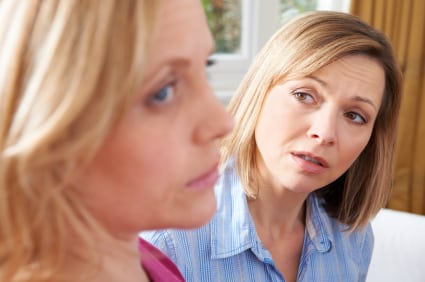

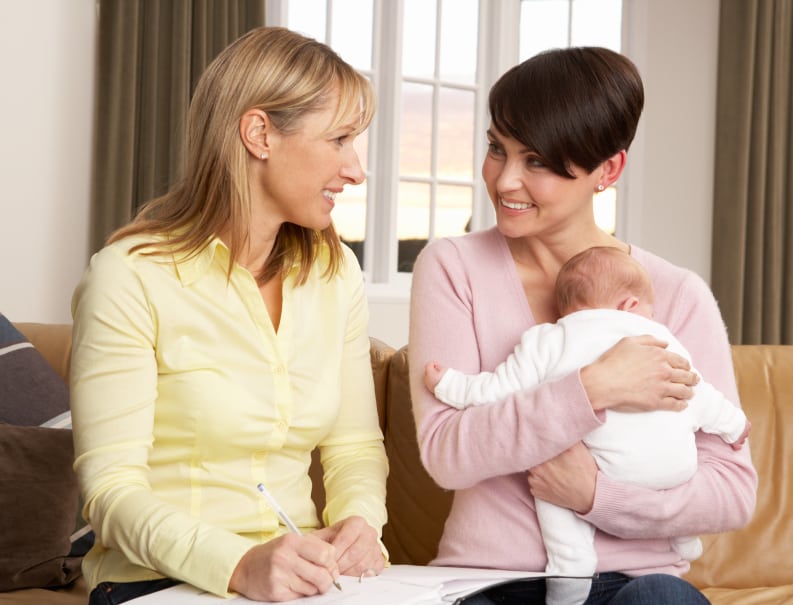

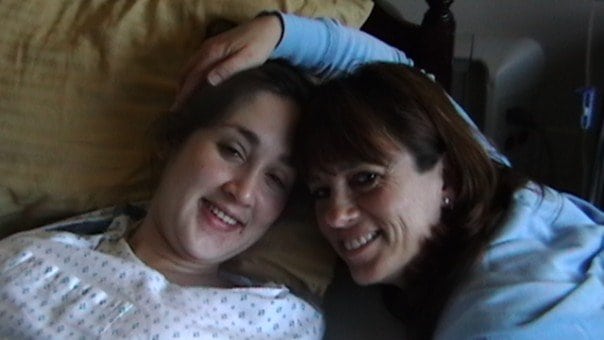

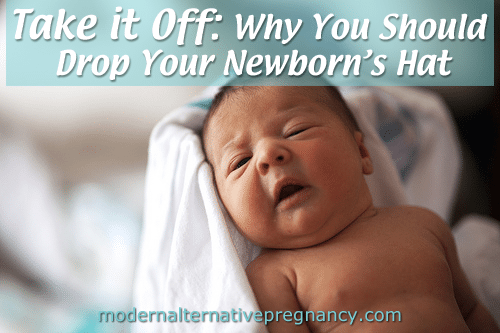
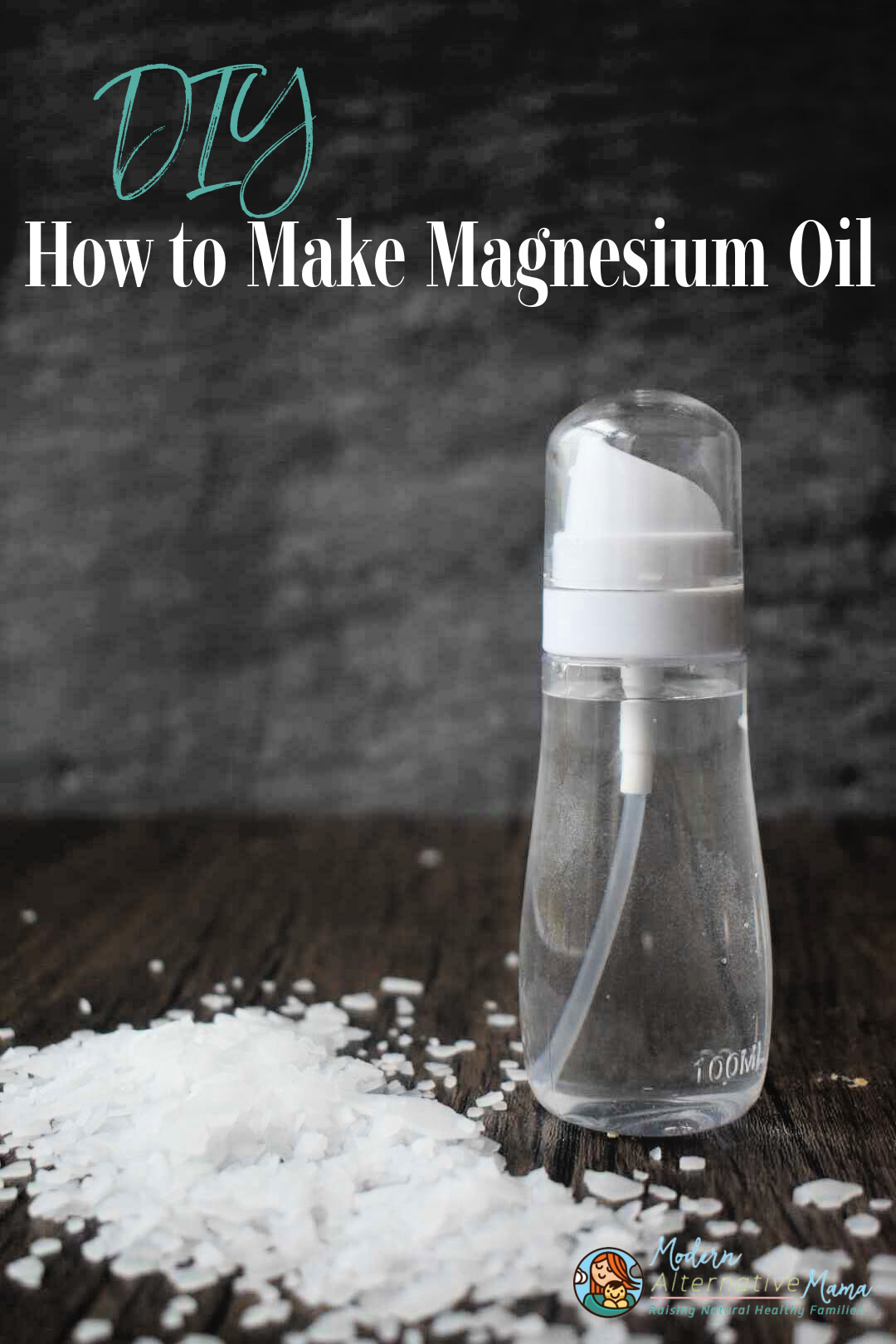

Great post Sara! We can get so caught up in trying to convince others of what we think is “right” that we forget the most important thing is providing them with the facts and allowing them to think for themselves. I never felt pressured one way or the other by my friends (several of whom have had or planned on having natural births), my OB, or the staff at the hospital where I birthed. The acceptance they provided enabled me to feel empowered enough to research thoroughly, plan for an intervention-free birth, and then when things did NOT go according to plan (as they so often do!) to still view my daughter’s birth as a unique and wonderful experience.
While there’s certainly a time and a place for educating one another and laying out the facts (tactfully and in a spirit of love being the key), when it comes to speaking to other women about their births past and future we should always stress that bringing a child into the world, no matter how you do it, requires courage and strength and deserves commendation.
Excellent post Sara Elizabeth! A mom that is very dear to me planned to have a natural birth and “did everything right” and ended up with a C-section. Thankfully, she saw God’s hand through it all but I think the fact that natural birth is seen as so important made what was absolutely necessary even harder to bear.
Thank you so much for this!
I am due in March; and while I’ve been a mom for many years (adoptive and step), this will be my first birth. I’m equally excited and nervous. I have no idea what to expect, and while I would love to have a no-intervention birth………I also know that’s not always reality. I ultimately want to feel proud of myself no matter how my (and my new son’s) birth story ends up!
Thank you again.
Elizabeth
Amen and Amen!!
This is a big part of the reason I wrote my eBook. Women struggle against this unloving attitude and come out on the losing side. We have to show love and grace to one another and allow birth experiences to be personal.
Great post!!
I was really glad to see this post. I’m currently 29 weeks pregnant with my first (and much sought-after) baby. After spending the past few years hearing women judge other women for all kinds of things from birth methods to breast feeding to the colours in which they dressed their babies (“I can’t believe you put that 2-year-old in a black dress! Little girls should never wear black!” – good grief), I made up my mind that I would do my very best to refrain from judging other women’s choices – and hope that in return, I was not judged harshly, either.
I have friends who went all-natural with their births and others who had an epidural at the first opportunity; friends who are passionate La Leche types and others who didn’t want to breastfeed at all; friends who quit work to stay home and others who got nannies and went back to work as soon as they could. None of them are perfect – and none of them are bad mothers, either. I personally am looking forward to spending as much time at home with my baby as I can, but my friend with 2 nannies and a housekeeper is not ‘ruining’ her children and I don’t think less of her for her choices. When I found myself throwing up in the middle of a busy street due to morning sickness, I felt no guilt about switching from ‘natural’ nausea remedies to a prescription one – regardless of the couple of raised eyebrows I got.
I do think that a lot of the pressure many women face has to do with their immediate circle of friends. If you spend too much time with ‘natural mamas’ who think that disposable diapers are a sign of the apocalypse, it can be easy to feel bad and/or insecure about your choices. It’s important to have a wider circle of mother-friends so you can maintain perspective.
Very well written, balanced view Sara Elizabeth!
I had an ideal of a drug-free labor, but it just didn’t happen. I didn’t feel badly about my decision until I realized that I was avoiding telling certain friends my labor story. This was a really encouraging post.
Lol, I NEVER post comments on blogs. I always creep around unnoticed but this topic hit so close to home that I had to brave up! I have a one year old. I had a great pregnancy. I read everything a good pregnant momma to be should. I was so relaxed about my upcoming birth. Of course I would do it naturally because my mom had all three of her kids pain med free and her mom did the same with her four. It was in my DNA. Plus, i had watched enough “Baby Story” episodes that I felt I practically gave birth already. I was surely not going to have a “fake birth” like some of the women who had c-sections. Well, as soon as I got to the hospital labor and delivery floor, I heard women screaming and I became terrified. I told my husband, “I am scared. I think I am going to get the epidural.” We both laughed but I was serious and he was supportive. Fast forward and I took the epidural and eventually had a “fake birth”. The months that followed brought heavy, HEAVY depression. I failed. I was less than other women. I couldn’t even give birth something all women were able to do. I had to eat my “fake birth” comments. I am ashamed of that comment but share it with you all in transparency. I couldn’t discuss my c-section without crying. I OBSESSED with the what if’s. What if I would have chosen another doctor? What if I didn’t get the epidural? What if a different hospital? What if? What if? I literally tortured myself with it and I believe that contributed to my PPD. I didn’t even call my PPD what it was until recently because that was another failure. I look back now and it was the scariest time of my life, but God got me through. I HAD to have a c-section because The Lord was developing character in me. I had to lose the know-it-all attitude and arrogance that I mistook as faith-yep! I had to go through my PPD to know that He is with me in the storm. I prayed about the c-section and The Lord brought to mind all the things that I had prayed for that went the way I asked. My husband’s work schedule coincided perfectly and SO many other details worked out perfectly on the day my son was born. The Lord then brought to mind that if all those details went exactly as prayed was it possible that the c-section was His plan all along? Whoa! What a concept. For anyone going through what I did, worship music is your friend. Also, a huge lifeline was praying with others. It doesn’t even have to be about you. My church had a prayer line once a week and it just became something to look forward to for me. Also, take those thoughts captive. It’s so much harder than it seems because you just feel like if you think it all through you will finally understand. It’s really something you should just talk to others about and The Lord. Currently, I am thinking of having another little one. Even if I go through it all again, it is all temporary. One day does not determine my mothering capabilities! Just like my marriage is more than my wedding day, my being a mom is not determined by my birth story. Thank u so much for this post. It was still comforting even on this side of healing! =)
[…] I’ve never found an article that I feel articulates this exactly as I would, but I found this one! I’m very careful about articles I post or share, because personally, I want people to really […]
I agree with most of what you’ve said. However, it’s not the Mom’s birth. She was born decades ago. It’s the child’s birth. Birth is child-centric not mom-centric. Do what is best for the child while keeping the mom alive and well to care for any other children she may have. There are so many posts about moms having an ideal birth (even though mom has clearly been birthed already). Of course birth is about both the mom and baby – both need a good outcome. Actually, that’s why OBs pay so much for malpractice insurance; they have two patients for whom they must care. Such a big responsibility ! Double all other practitioners! I’m done with the “it’s all about me generation” making birth mostly about the mom’s experience and making the baby merely a participant. The survival of the fittest stuff I read on Facebook and elsewhere online makes me sick.
[…] When Birth Doesn’t Go According to Plan […]